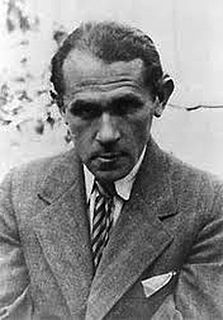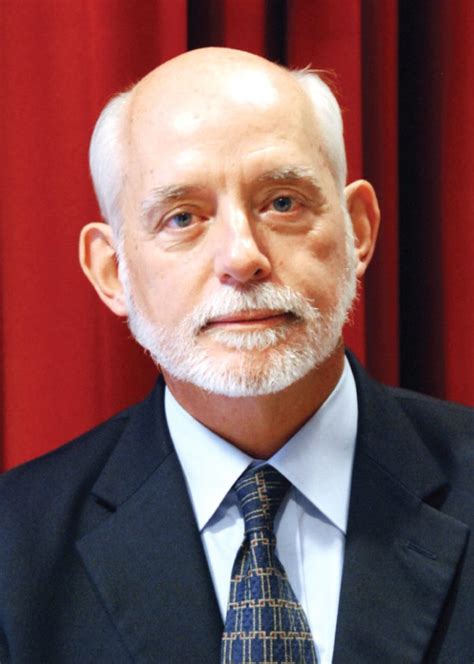A Quote by Steven Pinker
Consciousness turns out to consist of a maelstrom of events distributed across the brain. These events compete for attention, and as one process outshouts the others, the brain rationalizes the outcome after the fact and concocts the impression that a single self was in charge all along.
Related Quotes
The feeling of an unbridgeable gulf between consciousness and brain-process:When does this feeling occur in the present case?It is when I (for example) turn my attention in a particular way on to my own consciousness, and, astonished, say to myself: THIS is supposed to be produced by a process in the brain!--as it were clutching my forehead.
The only thing going on is the progression of words and sentences across page after page and so suddenly we see this immersive kind of very attentive thinking, whether you are paying attention to a story or to an argument, or whatever. And what we know about the brain is the brain adapts to these types of tools.
In the field of consciousness research-and also in physics and astronomy-we are breaking past the cause-and-effect, mechanistic way of interpreting things. In the biological sciences, there is a vitalism coming in that goes much further toward positing a common universal consciousness of which our brain is simply an organ. Consciousness does not come from the brain. The brain is an organ of consciousness. It focuses consciousness and pulls it in and directs it through a time and space field. But the antecedent of that is the universal consciousness of which we are all just a part.
There is also a particular area of sleep called slow-wave sleep. I immediately liked this idea. It turns out this part of sleep is where the brain basically gets into step with itself and gets into this one single phase of these relatively slow brain waves - around 10 Hz or so - and the whole brain 'fires all at once'. This is a brilliant bit of sleep where we consolidate memory and learning, and memory is one of my obsessions really.
This cell belongs to a brain, and it is my brain, the brain of me who is writing; and the cell in question, and within it the atom in question, is in charge of my writing, in a gigantic minuscule game which nobody has yet described. It is that which at this instant, issuing out of a labyrinthine tangle of yeses and nos, makes my hand run along a certain path on the paper, mark it with these volutes that are signs: a double snap, up and down, between two levels of energy, guides this hand of mine to impress on the paper this dot, here, this one.




































